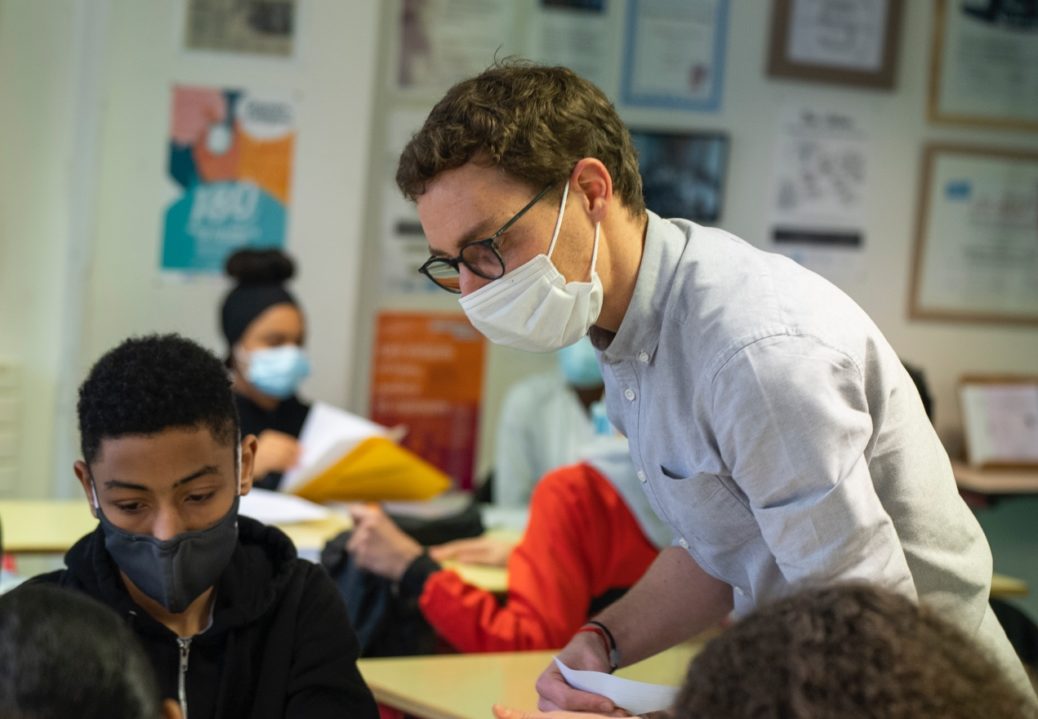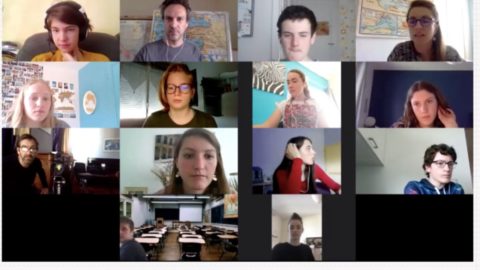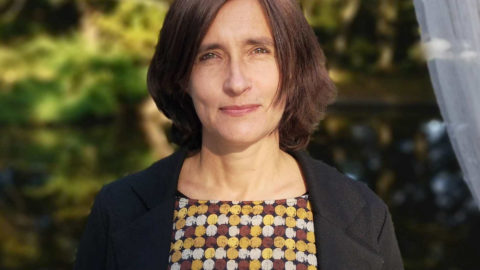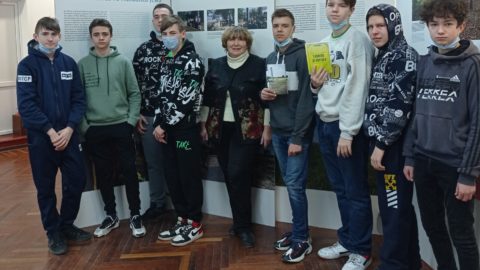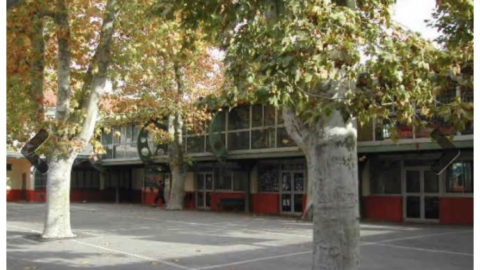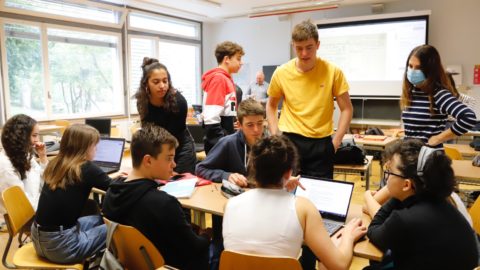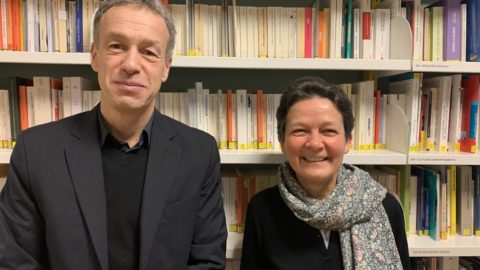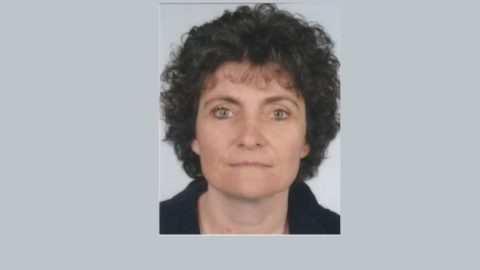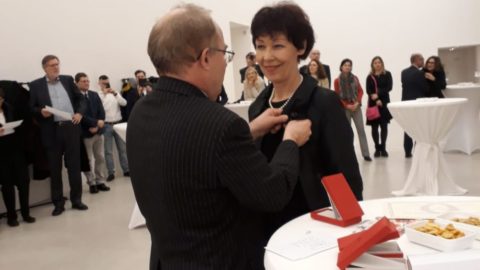Together with their students from a middle school in Athis-Mons, in France, teachers Clément Huguet, Déborah Le Pogam, Clara Adjanohoun, Laëtitia Legros and Valérie Virole worked on the biographies of three siblings: Jacques Bender, Dora Bender and Jean Bender, who were murdered at the ages of 12, 8 and 4 respectively.
Their work was among eleven European projects selected by the French Ministry of Education.
Please can you tell us about yourself and your class?
I am a history and geography teacher at the Michel-Richard Delalande junior high school in Athis-Mons, which is classed as a Priority Education Network (REP). I have been teaching there for seven years and every year since September 2017, I have had a 9th grade class participate in the Convoy 77 project.
Over the past four years, my 9th grade students have written ten biographies of deportees that have been published on the project’s website and in the form of short books printed at the end of each school year.
How did you organize this group work in the context of the Convoy 77 project?
Each year, one hour per week of the students’ schedule is dedicated working the project. Historical research, biographical writing, artistic production, and video production take place mainly during this weekly project hour.
In theory, the project starts in September for the students, but the teachers start preparing it in May so that the main information, the available archives and the documents we want to offer the students are available at the beginning of the school year.
From a practical point of view, we start by using the archives made available to us by the Convoy 77 association, which come from the Victims of Contemporary Conflicts Archives Division of the Ministry of Defense Historical Service. This is a very good base from which to start and it provides valuable information for the next phase of the project.
Then, depending on the history and background of the deportee that the students are working on, we approach the appropriate institutions (the Shoah Memorial in Paris, the Arolsen Archives, and in particular the departmental and municipal archives services) and we also try to make contact with the deportees’ family members.
Making contact with the families (if we can) seems to us to be very important from a human point of view and also often enables us to obtain essential information and sometimes even treasures that have remained buried for many years.
What impact has this work had, from an individual point of view (on you personally and on the students) and also more broadly (on the school, the municipality and others)?
The Convoy 77 project has gradually become an integral part of the school’s program, and at the end of each school year, more and more 8th grade students come to tell us that they want to take part it in 9th grade. And the 9th grade students who participate remain deeply attached to it, even several years later.
This project is significant and meaningful for the students. It is an unusual approach and contributes to the development of their civic responsibility.
This particular project is all the more significant because the students’ work and commitment have been recognized outside of the school. Our project has been awarded the Ilan Halimi Prize by the Essonne Departmental Council twice, in 2018 and 2019, and also awarded the “Living and Acting Together Against Racism” competition by the Seligmann Foundation in 2018. Two classes also took part in the event at the Paris City Hall in January 2019.
Our work has also had an impact in the press. The newspaper Libération ran a story on January 23, 2019 about the event at the Hôtel de Ville de Paris. More recently, Le Monde published an article I wrote about the project on the occasion of the commemorations of January 27, 2021 and the Seligmann Foundation also published an article about our work.
Your work was chosen as one of the most noteworthy projects. How do you and/or the students feel about that?
We are all extremely proud that our project was chosen, in November 2020, as one of the most remarkable projects undertaken in Europe. We were all eager and excited about the prospect of going to the Elysée Palace to present our work and its major pedagogical contributions to the President of the Republic, on January 27, 2021.
This event could not take place unfortunately, due to the epidemic, but I am convinced that the pride and emotion that I saw in the eyes of the students during a preparatory meeting for this event will be a motivational factor for them in the future.
What advice would you give to other teachers who would like to participate in the project?
If I were to give advice to a colleague, it would be to involve the students as much as possible in the project. I believe that the long-term success of such an educational initiative is precisely the fact that the students themselves become stakeholders, rather than it being just another project led by the teacher.
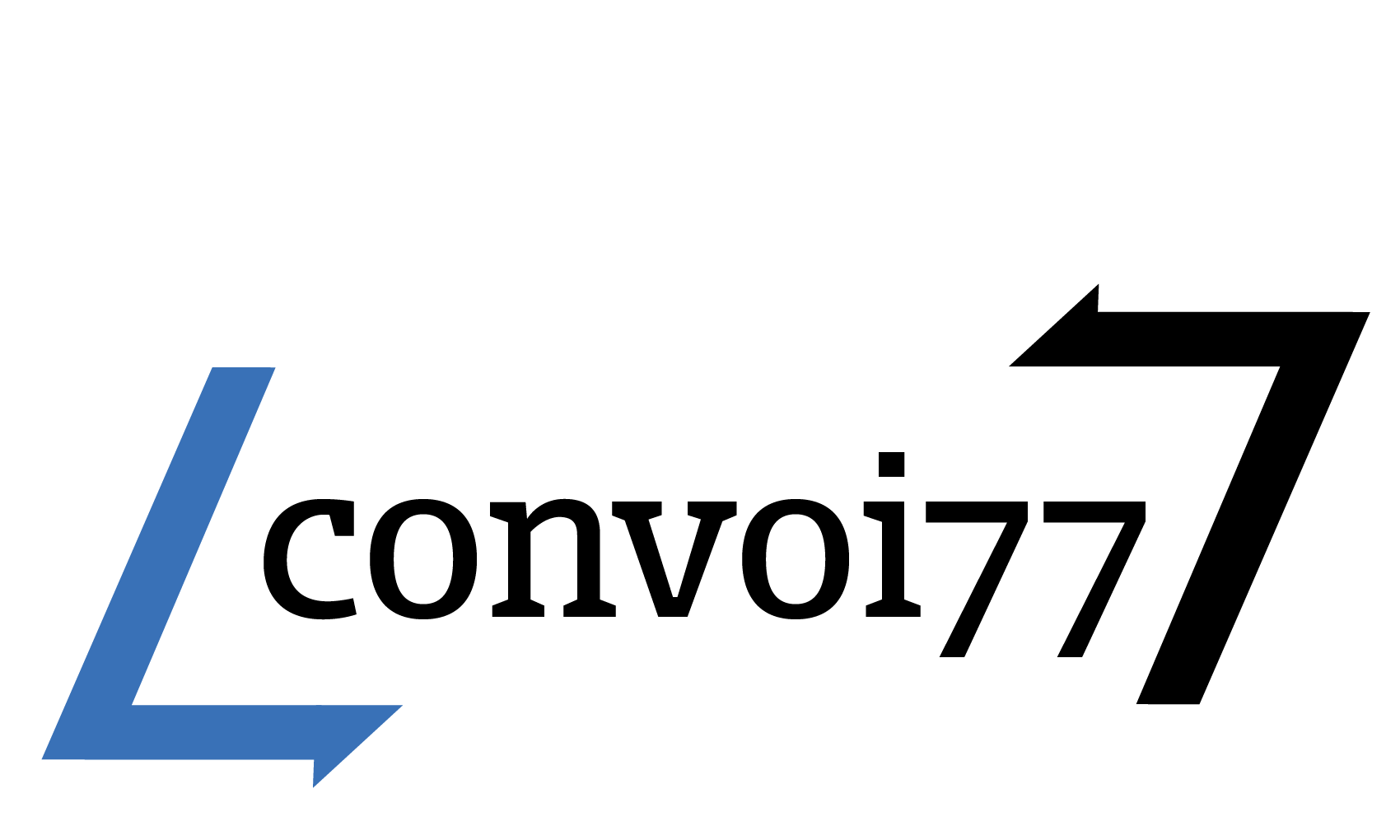

 Français
Français Polski
Polski